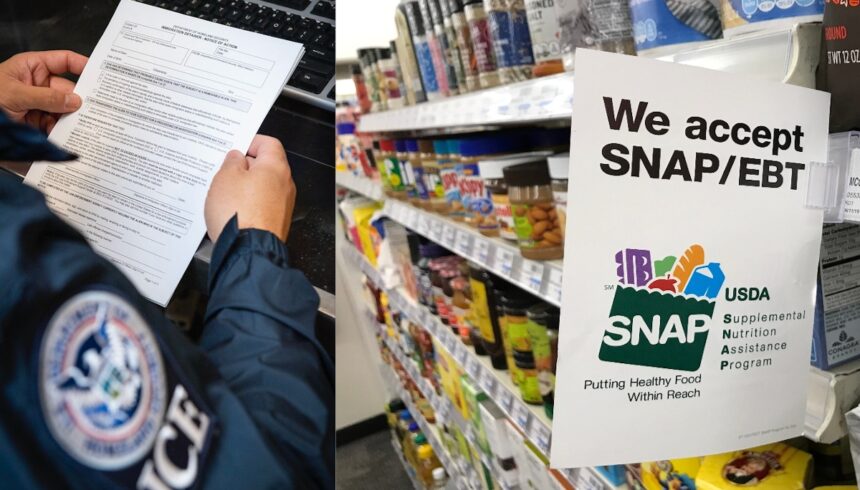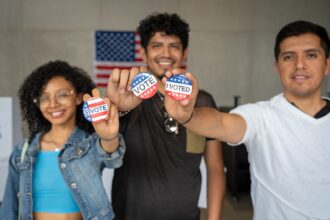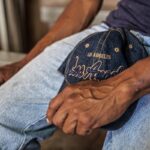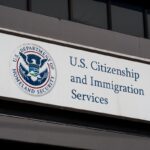“If you take Medicaid they will deport you.” That phrase – spoken in hushed whispers in the waiting room of a community clinic – has caused fear, confusion and, worst of all, misinformed decisions in thousands of Hispanic families in the U.S. The problem? It’s not entirely true… but it’s not entirely false either.
Since 2019, the concept of “public charge” has been a constant source of anxiety for those seeking to fix papers or change their immigration status. Some avoid asking for food for their children, emergency medical care or help with rent for fear that it could end in deportation. But can accepting help from the government really get you out of the country? This QueOnnda.com article answers that question with 100% verified, clear and useful information for our community. No rumors, just facts based on current laws.
What is “public charge”?

The U.S. Citizenship and Immigration Services(USCIS) defines a public charge as a person who is primarily dependent on the government for survival.
But that does not mean that any assistance makes you a public charge (and you can be deported).
According to the current regulations (2022, still confirmed in 2025), only certain forms of assistance can negatively influence a migration process.
The most sensitive include:
Cash assistance (such as TANF or SSI)
Government-funded health care for long-term institutionalized persons
What does not count as public charge, and that you can use without fear:
Emergency Medicaid
WIC
CHIP (Children’s Insurance)
SNAP (food stamps), in many cases
Housing assistance, if it is not the main source of support
“Simply using public benefits is not sufficient cause to consider you a public charge,” assures the official USCIS website.
Can you be deported for receiving aid?

Not directly.
Accepting certain benefits is not cause for immediate deportation.
However, it may affect residency petitions or adjustments of status in some cases.
Especially if the benefits were the applicant’s primary support for an extended period of time and he or she did not have sufficient income.
It is important to note that each case is different.
Therefore, experts such as the American Immigration Lawyers Association (AILA) recommend consulting with an attorney before making drastic decisions.
Which programs are safe?

Many federal and state programs are designed to protect the health and dignity of all, regardless of immigration status.
Only certain forms of assistance can negatively influence a migration process
QueOnnda.com
For example:
WIC helps mothers and babies without immigration risk.
Emergency Medi-Cal in California does not affect your status.
SNAP in certain states can be used without penalty for citizen children.
In addition, school services, free vaccination and access to shelters are not considered in public burden assessments.






















